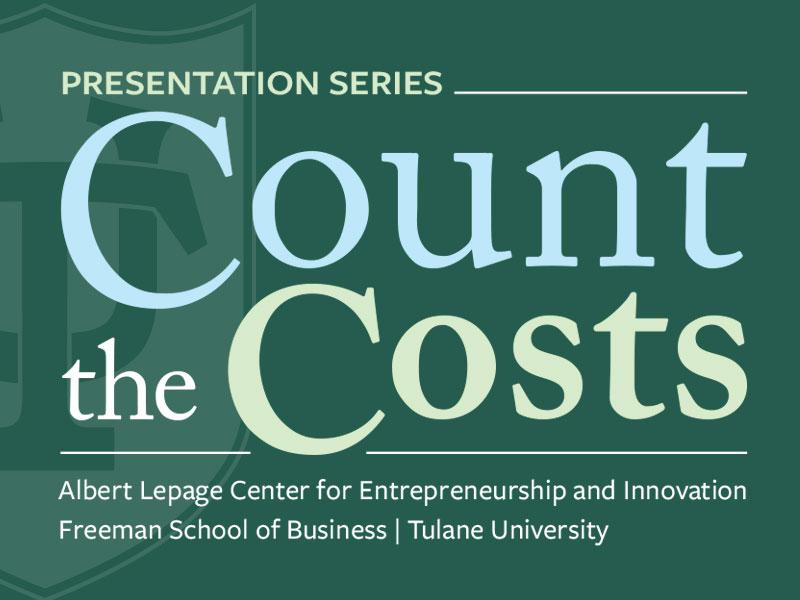Count the Costs: Tulane faculty focus research efforts on improving equity in primary care access
The color of a person’s skin can often influence the level of healthcare they receive. A new Tulane University study identifies the barriers patients from marginalized communities face when they seek primary care appointments and how health care providers can address these inequities.
Tulane University School of Public Health and Tropical Medicine assistant professors Brigham Walker and Janna Wisniewski and professors Sarah Tinkler and Rajiv Sharma from Portland State University will present their research with a Zoom discussion on “Interventions to Improve Equity in Primary Care Access” at noon on Wed., June 29. The event is free, but registration is required to participate. Please click here to register. Viewers are encouraged to submit questions for the presenters via the Zoom chat.
The presentation is the first in a series highlighting research results from Count the Costs: Racial Inequity, a project launched last year by The Albert Lepage Center for Entrepreneurship and Innovation at Tulane’s A. B. Freeman School of Business to award research grants to projects aimed at identifying and addressing economic barriers facing Black, Indigenous and people of color (BIPOC)-owned businesses and communities.
Researchers will discuss the barriers BIPOC communities face when seeking health care, what patients can do to mitigate this discrimination and what steps providers can take to ensure patients are treated equitably.
“We find statistically significant differences in access, both at baseline and in response to different interventions, that provide insights into the nature of health care access discrimination and what can be done about it,” Walker said. “We also find that some interventions seeking to improve care access broadly appear to benefit White and Hispanic patients but do not benefit Black patients.”
“All our research is focused on improving access to care and this is among the first studies that test concrete strategies that patients can use to obtain care,” Tinkler said.
The Count the Costs initiative was motivated by findings of the Lepage Center’s 2020 Greater New Orleans Startup Report, which pointed to significant racial inequities in access to startup funding. This led to an effort across the Freeman School to understand inequities across the business community. After conversations and support from partners across the university, the Freeman School expanded the project to highlight the BIPOC experience in a wide range of areas, such as public health, housing and criminal justice, to gain a better understanding of how racial inequities impact the region’s economy. Teams were encouraged to collaborate with community organizations to ensure they incorporate diverse perspectives into their research.
In June 2021, The Lepage Center announced the recipients of six research grants as part of its Count the Costs initiative. From a funding pool of $120,000, grants in the amount of $20,000 supported projects that investigate barriers BIPOC individuals and communities experience in society, the economic costs of those barriers and viable approaches to addressing them.
“Through the Count the Costs program, we set out to investigate the economic impacts of racial inequities. Our grantees have begun important research on topics that are critical to more inclusive communities and a healthier overall economy. I am grateful for the work done by the team behind this first study, as well as the five others that will share their results in the coming months,” said Rob Lalka, Albert R. Lepage professor in business and executive director of the Lepage Center.
The projects selected to receive grants will present preliminary findings throughout the summer and fall of 2022.

